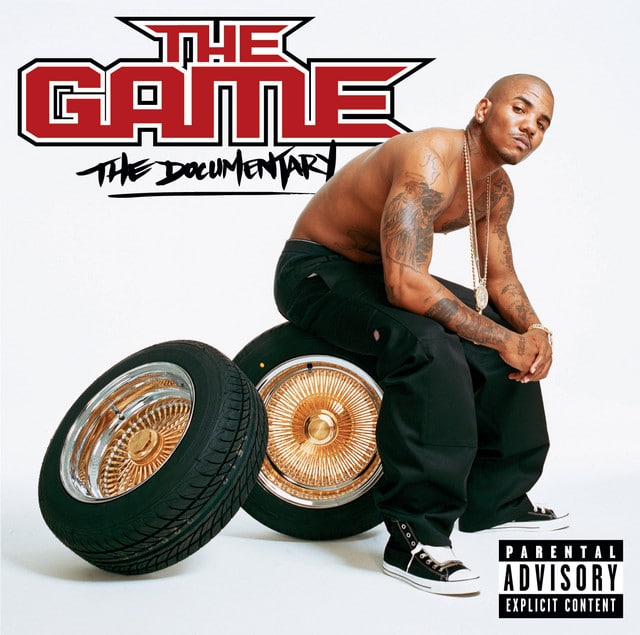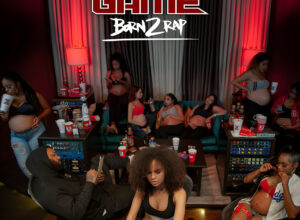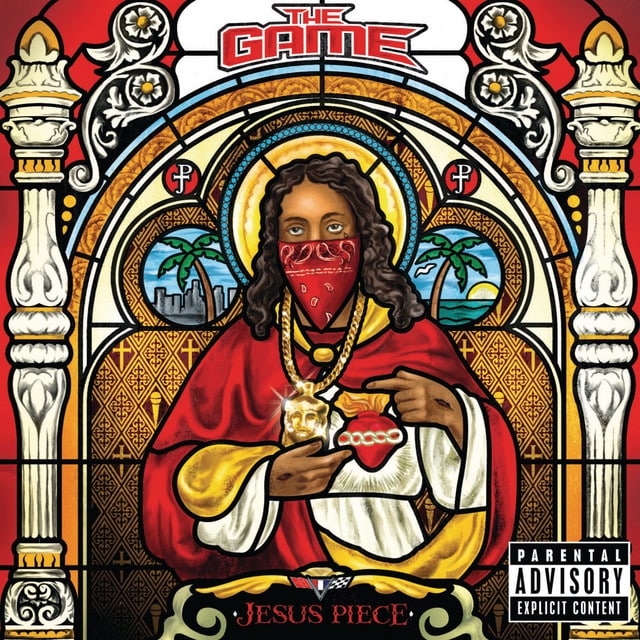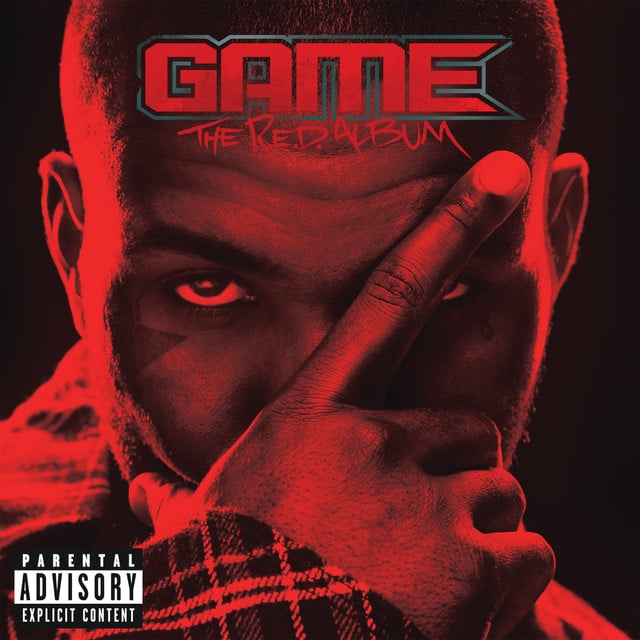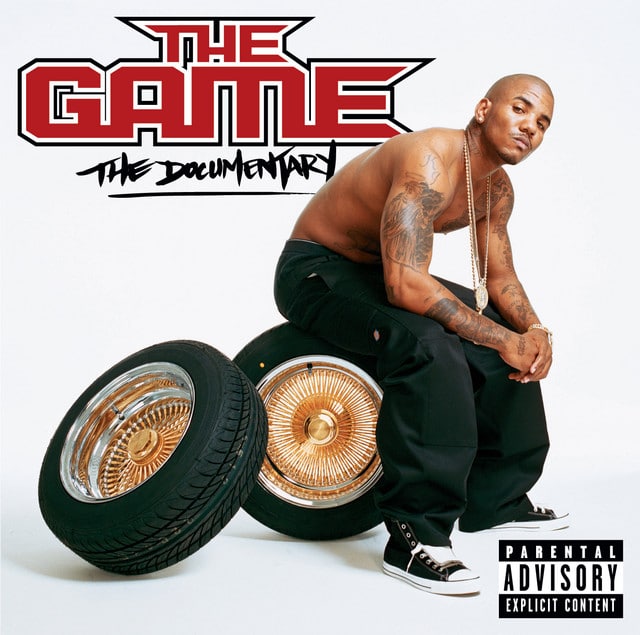Released: 2005 • Features: 50 Cent
The Game’s “Westside Story” featuring 50 Cent is a cut straight out the streets of Compton, an unapologetic declaration of survival, resilience, and unabashed allegiance to the West Coast. It’s a song that lays out Game’s gritty experiences and his rise in the hip-hop game, cemented with 50 Cent’s hype, providing the perfect east coast nod.
Game starts off juxtaposing the multiculturalism of Compton with the rap scene’s anticipation for the resurgence of the West Coast – “Crip niggas, Blood niggas, Eses, Asians…” His response? The West Coast never fell off; it was just ‘sleep in Compton. He namechecks iconic rapper Nate Dogg and implies he’s carrying forward the legacy of California love, echoing Tupac’s sentiments. The red dots on one’s head like Rodman is a reference to the laser sight on a firearm, underscoring his gangbanging past.
The chorus is a statement of defiance and unwavering gangster identity, a perceptive commentary on the survivalist mentality birthed out of a life steeped in violence and drugs: “You see I’ll be a gangsta ’til I die…” The California Chronic mentioned is a strain of cannabis, attributed to the West Coast high life.
The story continues with his six-tre impala low-rider, gold Dayton rims spinning, a classic symbol of West Coast culture. He talks about making enemies disappear “like Houdini”, a testament to his dangerous past. His reference to Snoop Dogg’s C-walking, a dance associated with Crip gang culture, intensifies his street cred.
Game emphasizes his gritty authenticity – he was trafficking drugs and playing John Madden video game before making it in rap. “I took five” refers to him being shot five times, a pivotal event that led to his rap career, drawing parallels to 50 Cent’s life.
Shouting out New York, he acknowledges his association with east coast crew G-Unit, drawing a connection between Compton and Southside Queens. His confidence soars as he says he doesn’t need to tuck in his chain – a metaphorical representation of fearlessly flaunting his success.
Finally, he hails his lyricism as being on par with Kool G. Rap, an early influencer in gangsta rap, denoting his respect for rap pioneers while staking his own claim in the rap game.
All in all, “Westside Story” presents an unvarnished narrative of Game’s street-hardened past, his ascent in the rap game, coupled with his allegiance to and the pride of his West Coast roots. It’s hip-hop’s gritty realism embodied in lyrics.
